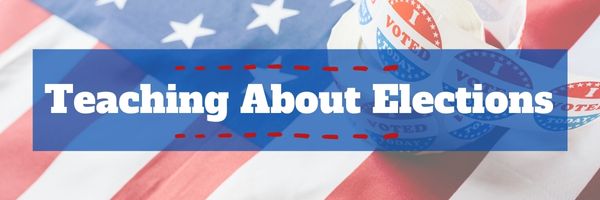
In about half the world--mostly those where people live under socialism, communism, dictators, or autocracies--law and order is decided for the people. In the 1700's, when the brand new United States of America, newly liberated from the British aristocratic rule that relied on Kings and Queens, wrote its very first Constitution and Bill of Rights, it decided to establish a system of government by the people. Called 'the Grand Experiment', the founders empowered ordinary citizens--such as farmers, shopkeepers, laborers, and seamstresses--to elect the individuals who would protect America's shores, our freedoms, and our way of life.
Over two hundred years after that mandate, it is still unclear whether it will work. In the 1850's, Abraham Lincoln warned:
"Elections belong to the people. It's their decision. If they decide to turn their back on the fire and burn their behinds, then they will just have to sit on their blisters."
A hundred years after that, Gore Vidal bemoaned:
"Half of the American people have never read a newspaper. Half never voted for President. One hopes it is the same half."
Winston Churchill called democracy "...the worst form of Government except for all those other forms that have been tried from time to time.… ". In short, it is messy.
Still, every four years, Americans must make critical choices that will shape our nation's democracy. Citizens are expected to research their options and then vote for the candidates most qualified to fulfill the country's goals. Thomas Jefferson called education a "...vital requisite for our survival as a free people."
This year, on Tuesday, November 3, 2020, we will elect every one of 435 members of the House of Representatives, one-third of the one hundred Senators, and the most powerful position in the country, the President. I've curated a list of websites to provide students with the background knowledge on the election process that will prepare them for the day they'll be asked to cast their vote and decide the future. The first few explain elections in general and the next teach the process through gamification.
Read more of this post




No comments:
Post a Comment